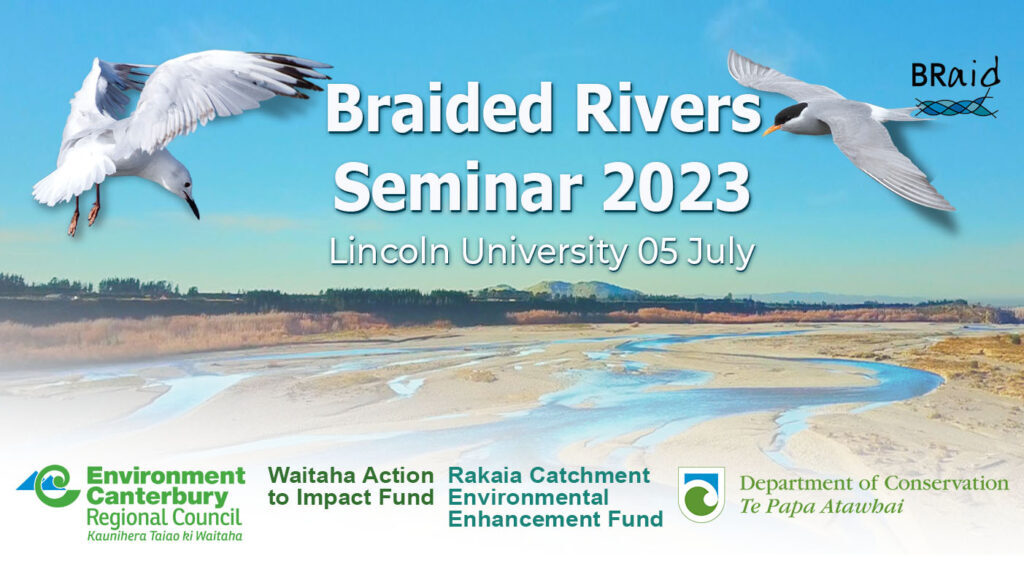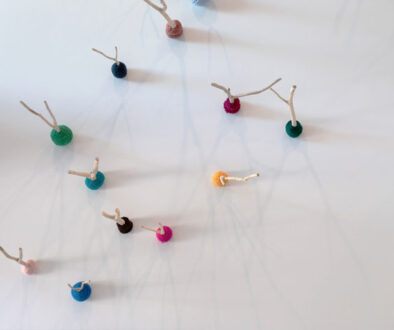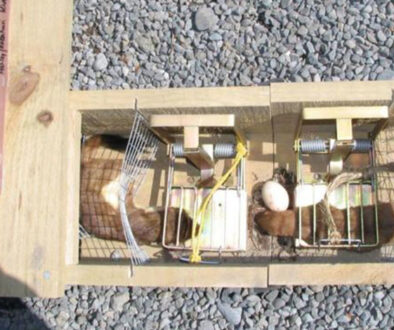Newsletter #80
I‘m looking forward to catching up with many of you at the Braided River seminar Wednesday 05 July 2023.
As I have done every year, next Monday 26th, I will be emailing those who have already booked, asking that you confirm that you are coming. Thanks to funding from the Waitaha Action to Impact Fund, ECan, DOC, and the Rakaia Catchment Environmental Enhancement Fund, we are still able to make this catered event free of charge. Confirming your attendance will help us keep catering costs down and ensure everyone who wishes to attend can do so.
Please note that if you accidentally booked more than once using the same name, only one booking will be recorded. If you need to book someone else using your email; that’s fine, unless they also book using a separate email.
While there’s not much news in this email, quality counts. There appears to have be an major breakthrough in sterilising cats using an injection, can be scaled up to sterilise dogs (and presumably other mammals), and has worked on mice. My fiction writer’s imagination went spiraling, including the future notion of walk-through ‘traps’ that inject (and better yet, spray) invasive mammals of all types…
News
- What are your visions for freshwater in Canterbury/Waitaha, and what outcomes would you like to see for our environment, our people and our communities? – Register for updates ECan
- An initiative to protect native birds on the Waiau Uwha River is set to receive a funding boost. Environment Canterbury (ECan) has decided to allocate its entire 2022/23 Hurunui Waiau Uwha Water Zone action budget of $50,000 to its ”flagship” Hurunui Waiau Braided River Birds programme on the Hurunui and Waiau Uwha Rivers. – Radio New Zealand
- Call to ban dogs from Canterbury estuary to protect native and migratory birds – Radio New Zealand
- Community collaboration protects threatened gulls at the Charwell River – ECan
Research
- Littlefair et al; Air-quality networks collect environmental DNA with the potential to measure biodiversity at continental scales, Current Biology 33 |11 June 05, 2023 (open access) “One of the biggest planetary challenges is the accelerating loss of biodiversity threatening ecosystem functioning on a global scale…. Analysing environmental DNA (eDNA) captured along with particulate matter by routine ambient air quality monitoring stations provides the best opportunity to date for detailed monitoring of terrestrial biodiversity using an existing, replicated transnational design and it is already in operation.”
- Loonstra et al; Translocation of shorebird siblings shows intraspecific variation in migration routines to arise after fledging, Current Biology |May 2023
- Gene therapy spays cats without surgery: Science
- The (open access) research paper linked to this article is here: Vansandt et al; Durable contraception in the female domestic cat using viral-vectored delivery of a feline anti-Müllerian hormone transgene, Nature Communications 14 | 3140
- Castelvecchi; Rampant groundwater pumping has changed the tilt of Earth’s axis; Human depletion of underground reservoirs has shifted the global distribution of water so much that the North Pole has drifted by more than 4 centimetres per year. Nature News 16 June




